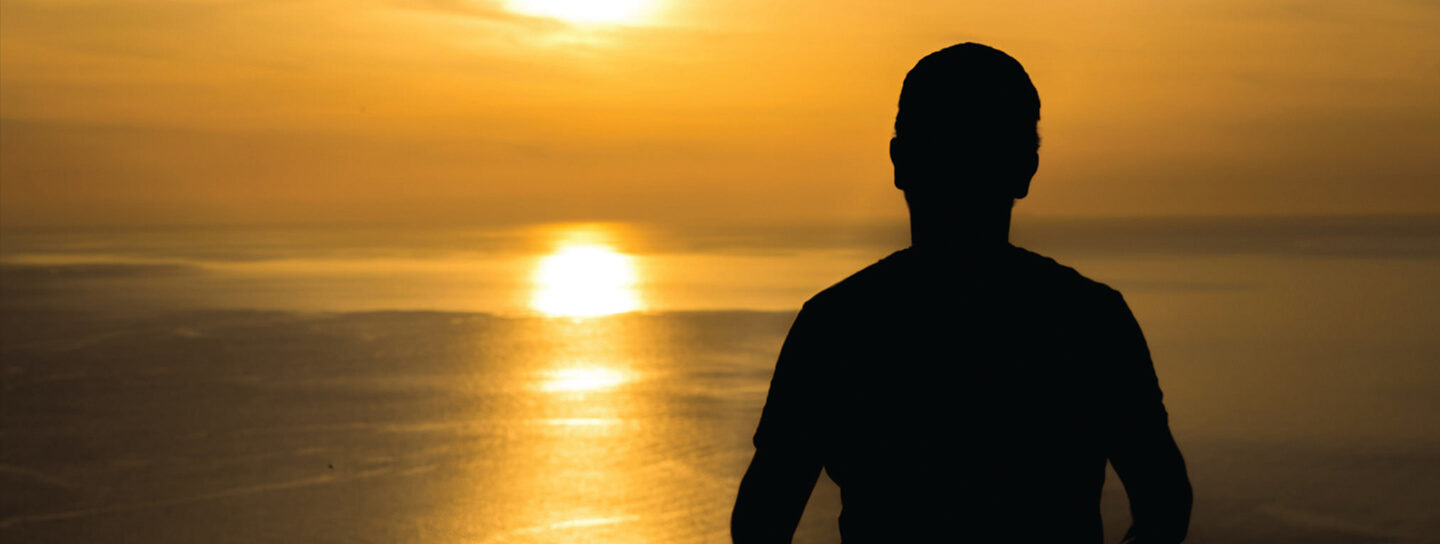Bhakti means to worship and every believer in any religion understands the qualities of devotion. What is unusual about the Bhakti movement in India is that it was a surprisingly rebellious one that was led by ordinary people and that constantly questioned our traditional rituals and beliefs.
When we think of Bhakti we recall the names of poets like Tulsidas, Kabir, Mirabai and Guru Nanak who all belonged to North India. In fact this religious movement began in the South, in Tamil Nadu and Karnataka, somewhere in the early centuries of the first millennium. The southern poets belong to two main groups – the Alvars who wrote in praise of Lord Vishnu and the Nayanars who sang passionately to Lord Shiva. Among them are poets like Allana Prabhu, Basavanna and Sambandarar whose lyrical hymns are still sung in temples.
What makes these poets so unusual is the fact that they were often poor, powerless and at times belonged to the most oppressed people, the caste they called ‘untouchable’. Kabir was a weaver, Ravidas a cobbler and Tukaram a shudra. They brought an angry rebellion into their poetry that asked uncomfortable questions of society and these are being asked even today.
Why do we have to go to the priesthood to reach god? Why can’t we pray directly to our deity? Why should we differentiate between people on the basis of caste or religion? Aren’t we all born equal? The women poets asked, “Why aren’t we allowed to read the sacred books? Aren’t we human beings?”
So you can be sure the king and the priesthood, the higher caste men and the rich did not approve of these poets who had the courage to raise their voices. However to the common folk their poetry was like a surge of freedom and their songs became very popular. The songs were sung at temples, during festivals and carried around the land by the travelling minstrels called sutradhars.
We haven’t forgotten our Bhakti poets for centuries. Take the Pandharpur – Alandi Yatra of Maharashtra that takes place every year. Groups of bhakts – men, women and children head out of towns and villages singing and dancing to the abhangs of Marathi poets like Gyaneshwar, Tukaram and Namdev. They gather at the Vitthala temple at Pandharpur and no one asks you your caste or religion. If you worship Vitthala (an aspect of Lord Vishnu), then you are welcome to join this joyous festival of Bhakti.
A surprisingly large number of Bhakti poets are women. Mirabai of Rajasthan is of course the most famous but there is also Andal and Akka Mahadevi of Tamil Nadu; Soyarabai and Bahinabai of Maharashtra and the extraordinary Lal Ded of Kashmir who is venerated as a guru by Hindus and a Sufi pir by Muslims.
The Bhakti poets changed the way we worship. Earlier the priests had convinced people that the only way to reach god was through a Brahmin who performed expensive rituals. For the poets the deity they adored was not just god but also a friend and all you needed was a handful of flowers and a pure heart to reach him.
As the great Tukaram sang,
“When He comes, out of the blue,
A meteorite shattering your home,
Be sure, God is visiting you.” (Translated by Dilip Chitre)
The words of these mystic poets are a wonderful guide for our daily lives. They believed in equality and one god. They were tolerant like Nanak and Kabir for whom Ram and Rahim were the same. In today’s intolerant world we have to listen to their humane message once again.


